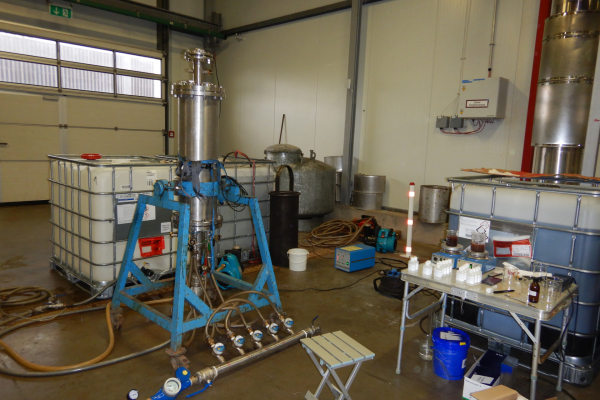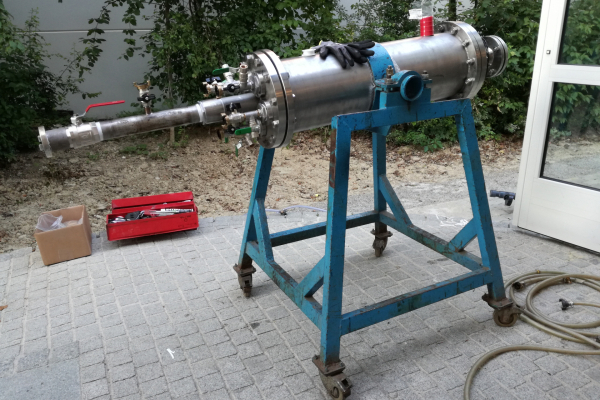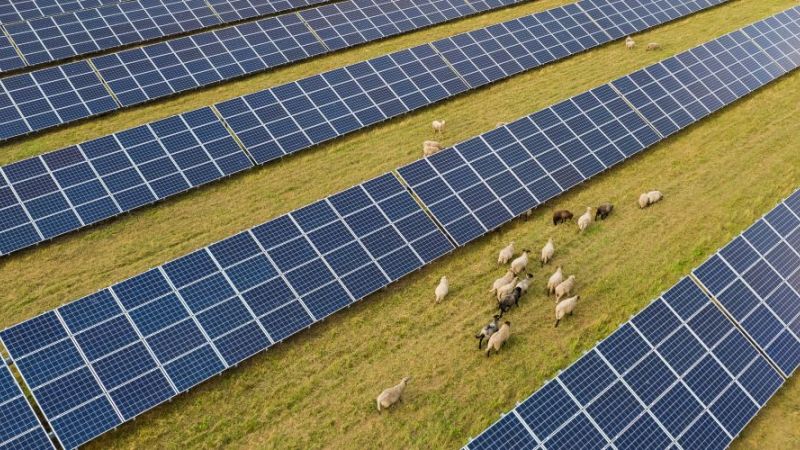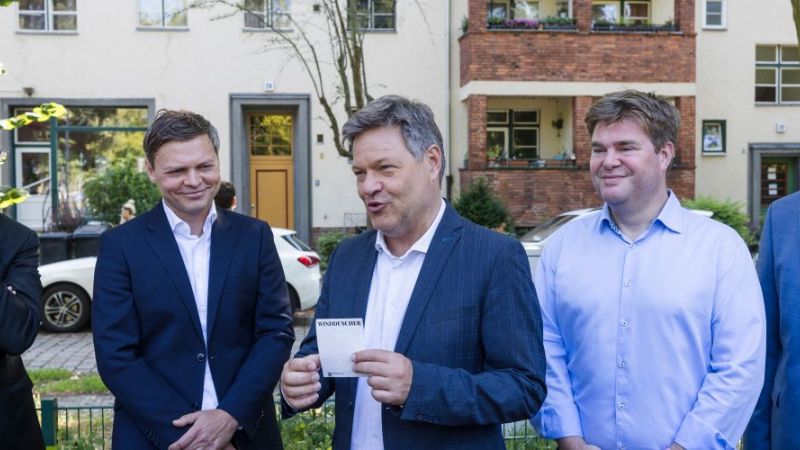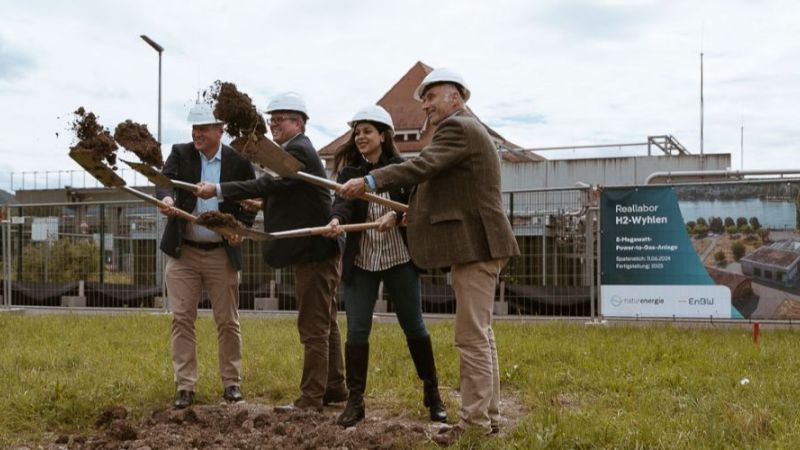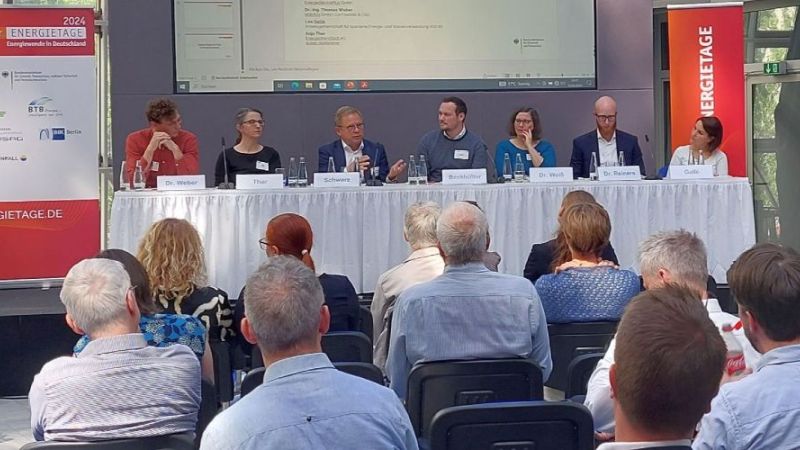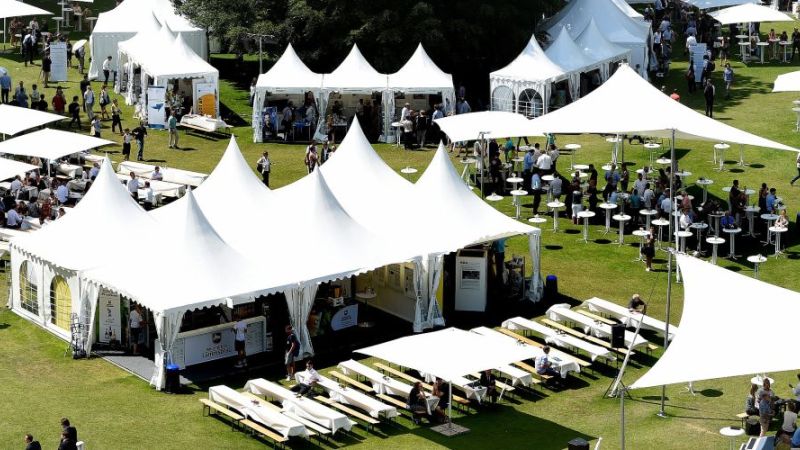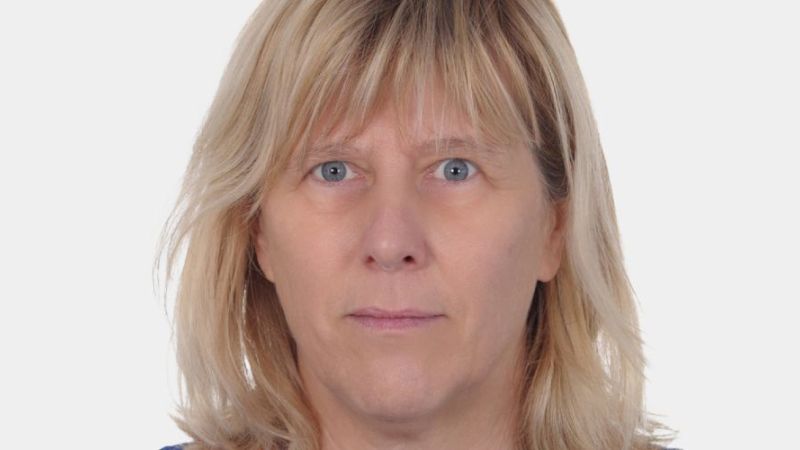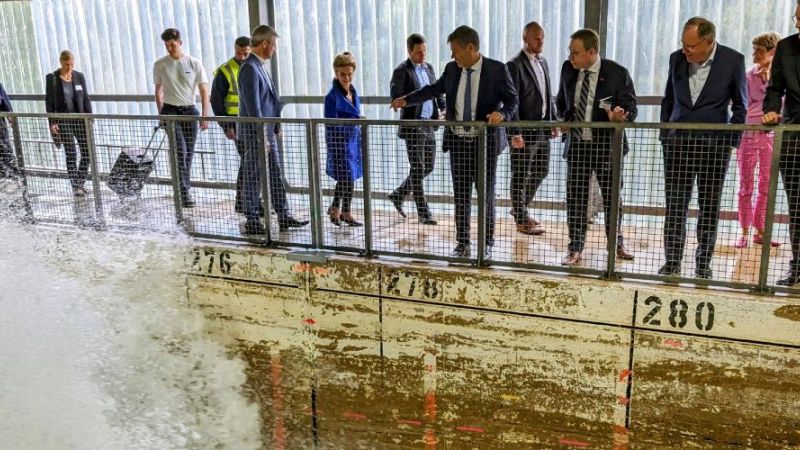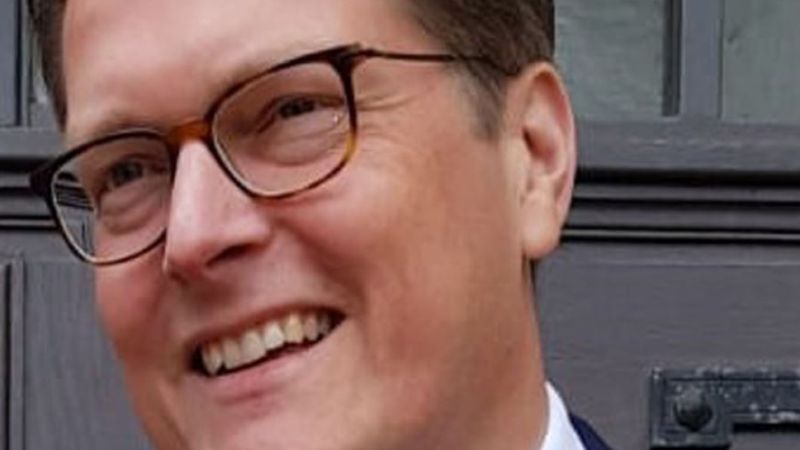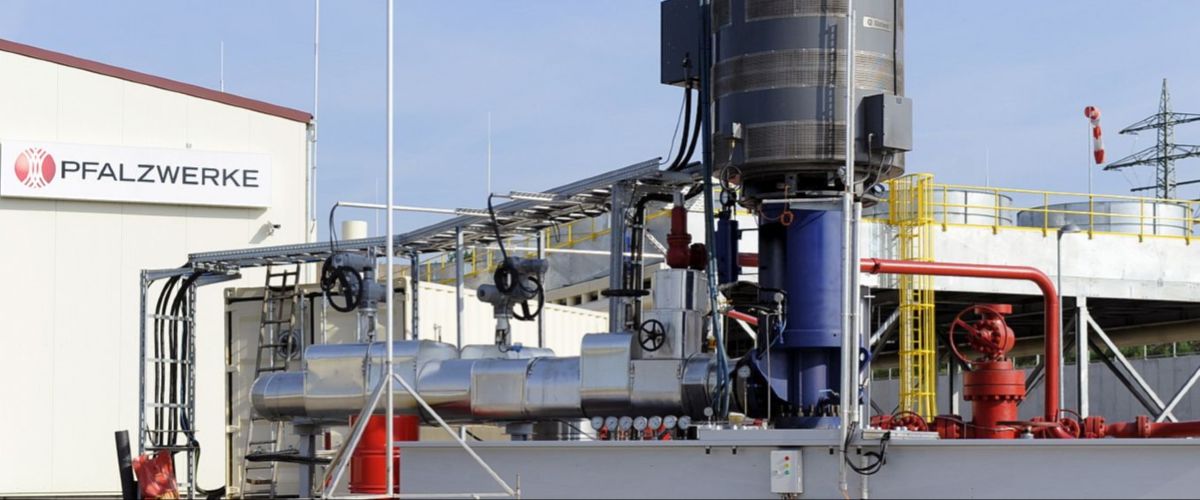 © Pfalzwerke geofuture GmbH
© Pfalzwerke geofuture GmbH
Geothermal energy
Avoiding standstill of geothermal plants
A prerequisite for the economic operation of geothermal plants is a constant high flow velocity in the entire thermal water circuit. However, sands and fine gravels from the reservoir come to the surface with the thermal water. The use of filters is therefore necessary to avoid clogging the heat exchanger and injection well. The developed filter system HydroGeoFilt with an integrated ultrasonic cleaning system filtered out fine particles and solids in filter tests.
Innovative filter system ensures fewer blockages
In addition to fine gravels and sands that disrupt the thermal water circuit, the hydrochemical composition of the thermal water can result in precipitation (scaling) on plant components. The precipitated solids clog heat exchangers and injection wells. Up to now, plant operators have relied on cartridge filters, bag filters or drum filters for high volume flows. Over a period of a few days, the deposits are so pronounced that the cartridges become blocked. The usual backwashing is no longer sufficient to clean the filter. This means that they have to be removed and cleaned with special acidic products, resulting in a plant standstill. The new patented system relies on an automatic filter unit with two filters arranged in parallel, with water circulating through each filter cartridge from the outside to the inside. If this becomes clogged, it is backflushed with the ultrasonic probe which is permanently installed in the filter housing, while the other filter maintains continuous operation. The geothermal plant has fewer downtimes and works more efficiently. In addition, the ultrasonic probe cleans in an environmentally friendly way, without the addition of chemicals. The cylindrical case is made of a chromium-nickel steel material. This stainless steel supports resistance to corrosion, temperature and pressure. The researchers developed the filter system in the HydroGeoFilt project, which stands for "Development of a new filter system for use in deep geothermal plants". In the follow-up PERFORM project, short for "Improving Geothermal System Performance through collective Knowledge Building and Technology Development", the project teams comprehensively tested the new filter system with regard to stability and applicability.
Removing metals and sulphides from thermal water
In addition to sands and fine gravels, thermal waters from Central European plants can have a high sulphide and heavy metal content. Another objective of the PERFORM project was therefore to remove these constituents using new environmentally friendly methods. Metals dissolved in thermal water can form so-called precipitation that settles on heat exchangers and damages the plants. First, the scientists investigated various adsorption materials that are already used in wastewater treatment, but not in geothermal plants. They preferred granulated iron hydroxide, zeolites and chitosan. These substances have a large specific surface area, are inexpensive and their effectiveness is known from drinking water treatment. After initial successful laboratory tests, they validated the materials in combination with the HydroGeoFilt system during field trials. Thermal waters often also contain hydrogen sulphide (H2S), a toxic and corrosive gas that dissolves in water. To prevent this from interfering with the operation of the geothermal plant, operators remove H2S from the thermal water. Here, tests with powdered and fine-grained iron hydroxide as well as liquid iron III chloride (FeCl3) achieved very good results. The added iron reacts with sulphide, the salt of hydrogen sulphide, to form iron sulphide. The powdery iron hydroxide and the iron sulphide formed can then be completely filtered out with the HydroGeoFilt system.
The new system, consisting of a reaction vessel for the adsorption processes and a filter system, first had to be adapted to the conditions at the geothermal sites. On site, the project partners used the substances already tested in the laboratory and then filtered the reagents and their reaction products with the HydroGeoFilt system. They furthermore successfully cleaned the filter with the help of the ultrasonic probe.
Removing sulphides at the Oberlaa thermal baths
In the Oberlaa thermal baths in Vienna, the operators use thermal water with high sulphide contents
(H2S, HS-, S2-) of 13 to 46 milligrams per litre. To reduce these, the researchers fed the thermal water into the reaction tank and added fine-grained iron hydroxide or FeCl3. The suspension was then circulated and the sulphide content determined photometrically. If no more sulphide was detectable, the suspension was pumped through the HydroGeoFilt system. This efficiently filtered the resulting solids, such as iron sulphide and fine-grained iron hydroxide, out of the thermal water.
Heavy metals in thermal water – Insheim geothermal plant
Pfalzwerke has been operating a geothermal plant in Insheim, Rhineland-Palatinate, since 2012. Here, water with a temperature of around 160 degrees is extracted from a depth of 3,600 metres. The operators use the hydrothermal reservoir to generate electricity, while the residual heat is used for local heating. Water analyses show high sodium, calcium and chlorine concentrations as well as heavy metals such as barium, lead, copper and iron. The methods developed enabled the metal cations to be safely removed from the thermal water. The researchers used granulated iron hydroxide, zeolite and chitosan as adsorbents and then filtered off adsorbents and reaction products completely with the HydroGeoFilt filter system. Now further long-term tests in the field and in the laboratory must show how the filter efficiency and stability as well as the self-cleaning function of the HydroGeoFilt system perform. It is additionally necessary to adapt the filter system to higher temperatures and working pressures for use in geothermal plants.
Geothermal data in the European network
PERFORM is part of the EU joint project GEOTHERMICA. The aim is to pool the know-how and financial resources of the 16 member states.
As part of the PERFORM project, the European partners have collected data on the geology, the properties of the deposits, the chemical composition of the brines, particles and precipitated minerals. The information is freely available via a database and provides operators and investors with an important basis for operating geothermal plants sustainably and cost-efficiently.

